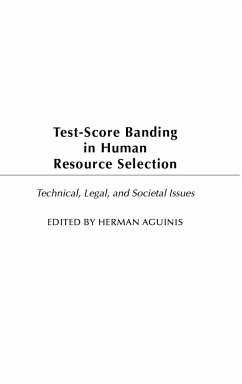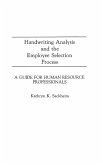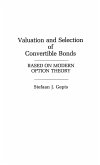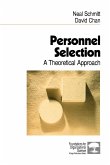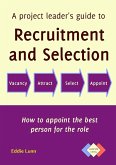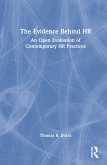Virtually everyone is subjected to one form or another of testing. We are tested to get into schools and once we are in schools. We are often tested when we apply for a job and once we get a job. In spite of the pervasiveness and criticality of decisions made based on test scores, testing has been, and continues to be, a source of controversy. Is testing equally fair to all people? Are decisions based on tests fair to all members of society? Test-score banding is a method to interpret test scores that takes into account the fact that tests used in human resource selection are never perfectly accurate. This book analyzes the use of test-score banding from technical, legal, and societal points of view. It includes controversial arguments in favor and against the use of test-score banding, useful guidelines for practice, and innovative suggestions for research. For the past decade, organizations have relied on banding to select employees by forming groups of bands of applicants based on their scores on tests, interviews, and any other measure. Because test scores are never perfectly accurate, these bands render applicants within the same band indistinguishable. Secondary criteria, such as ethnicity and gender, then are used to break the tie, allowing organizations to increase diversity by increasing the proportion of employees who are members of underrepresented groups.
Hinweis: Dieser Artikel kann nur an eine deutsche Lieferadresse ausgeliefert werden.
Hinweis: Dieser Artikel kann nur an eine deutsche Lieferadresse ausgeliefert werden.

